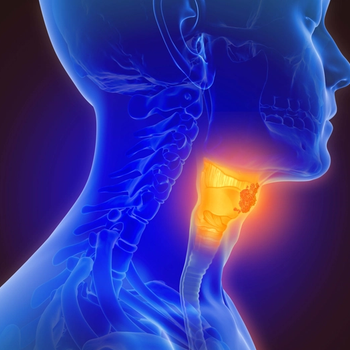
Oncology NEWS International
- Oncology NEWS International Vol 8 No 1
- Volume 8
- Issue 1
Clinton Increases Funding for HIV Research, Relief
WASHINGTON-As part of World AIDS Day 1998 (December1), President Clinton announced that the federal government will spend $200 million to fund research aimed at developing an effective HIV vaccine during fiscal year 1999. The money represents a 33% increase in AIDS vaccine funding over fiscal year 1998.
WASHINGTONAs part of World AIDS Day 1998 (December1), President Clinton announced that the federal government will spend $200 million to fund research aimed at developing an effective HIV vaccine during fiscal year 1999. The money represents a 33% increase in AIDS vaccine funding over fiscal year 1998.
Another $164 million will be devoted to other new research critical to fighting AIDS around the world, the President said. These efforts include a new prevention trials network to reduce adult and peri-natal transmission of HIV; new strategies to prevent and treat HIV infection in children; efforts to train more foreign scientists to help battle the epidemic; and research on the prevention and treatment of opportunistic infections.
The United States will also put up $10 million in emergency relief funds through the US Agency for International Development to provide support to AIDS orphans abroad. Mr. Clinton also directed Sandra Thurman, his AIDS policy advisor, to undertake a fact-finding mission to sub-Saharan Africawhere 90% of the AIDS orphans liveand to make recommendations on how to address the problem.
Also, Vice President Al Gore announced that the federal government will provide $220 million in grants for housing and support services for more than 65,000 low-income people infected with HIV and members of their households. The money will be distributed by the Department of Housing and Urban Development under its new Housing Opportunities for Persons With AIDS program.
Articles in this issue
about 27 years ago
Pittsburgh to Build New Cancer Centerabout 27 years ago
NCI Initiates Two High-Priority Tobacco Research Programsabout 27 years ago
Breast Cancer Stamp Sells Wellabout 27 years ago
Hospital Strategies To Prevent Invasive Aspergillosis Spreadabout 27 years ago
‘Cancer Patients Should Be Assertive, Know Their Rights’about 27 years ago
EBCTCG Update of Adjuvant Treatment for Early Breast Cancerabout 27 years ago
Younger Breast Cancer Patients at Increased Risk of Recurrenceabout 27 years ago
Six Named to National Cancer Advisory Boardabout 27 years ago
Trial Uses Vitamin A To Prevent Lung Cancer in Former Smokersabout 27 years ago
‘Medical School Curriculum Must Include Palliative Care’Newsletter
Stay up to date on recent advances in the multidisciplinary approach to cancer.










































